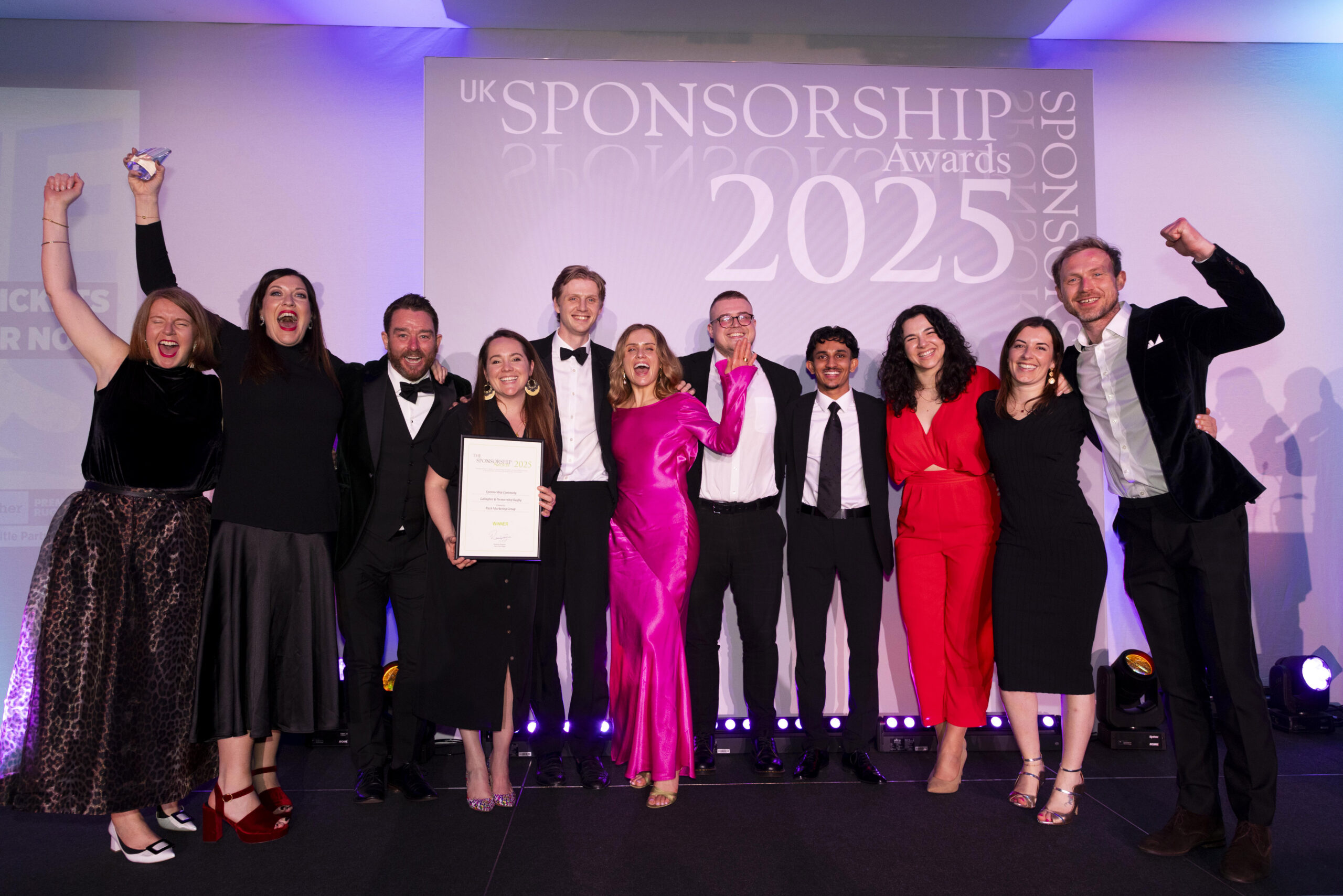A public row featuring Sky pundit Gary Neville, after he’s caused offense to someone with his forthright remarks, doesn’t normally score highly on a “big surprises of the week” list. However, unless you’ve been living under a rock for the last fortnight, you’ve probably noticed there’s been a more excited reaction than would normally be granted to the shocking news that he called someone an idiot.
What made the story interesting this time, is that it wasn’t Arsene Wenger or Jurgen Klopp who hit back at the ex-Man Utd star but a fellow broadcaster – namely Robbie Lyle, and his support team of Troopz, Moh, DT and Ty.
If they don’t sound like a traditional group of media figures, that’s exactly the point. These are the guys behind Arsenal Fan TV, pitching itself as the No. 1 Fan Channel on YouTube, By Real Fans, for Real Fans. And it seems that the Real Fans really don’t like being called idiots.
But away from all the mock-hysteria and fun and games of pretend offense, the “spat” has highlighted a huge challenge for the sports industry. Exactly how should the commercial side of sport deal with the growing popularity of fan-created content?
For years, clubs and sponsors (and of course us agencies) have waxed lyrical about understanding and getting closer to the real fans. Creating content from real fans, being part of the conversation, having an authentic fan voice. You know, storytelling.
Well, it seems we were right – a growing number of fans do like hearing from other fans. Arsenal Fan TV now has over 360,000 subscribers, and similar offerings from other top clubs aren’t far behind. Videos regularly get over 100,000 views with the largest getting over ten times that.
Unfortunately, it isn’t always quite the story that brands and clubs want to associate with. Take the following fan analysis from Arsenal’s recent defeat to Bayern Munich, from a video now hitting nearly a million views:
“You see earlier, yeah? When I was in the f*cking bar, yeah? A man come up to me and said I’m making the club poisonous, yeah? I’m not making it poisonous! This f*cking FRAUD is making it poisonous, yeah!”
And that’s just the opening gambit; it’s not all such family friendly stuff.
But whilst most in the sports industry quite rightly won’t want to associate themselves with this content, like the music industry and the rise of digital sharing in the noughties, the commercial side of the game can’t afford to simply put its fingers in its ears and hope it all goes away.
It’s time to create coherent strategies around genuine engagement with Real Fans. It doesn’t mean officially supporting the click-bait rants of an unhinged bedroom “commentator”, but it does mean recognising that there is a growing appetite for unofficial fan insights. Working with fans to create higher quality output, that still feels genuinely authentic, is the only way to ensure that club and traditional broadcast communications aren’t left behind.
Fan TV may be easy to laugh at now, and sometimes (whisper it) it might be valid to call some of the fan broadcasters “idiots”. But that would probably be a more apt description of the traditional sports industry if we continue to ignore them.






